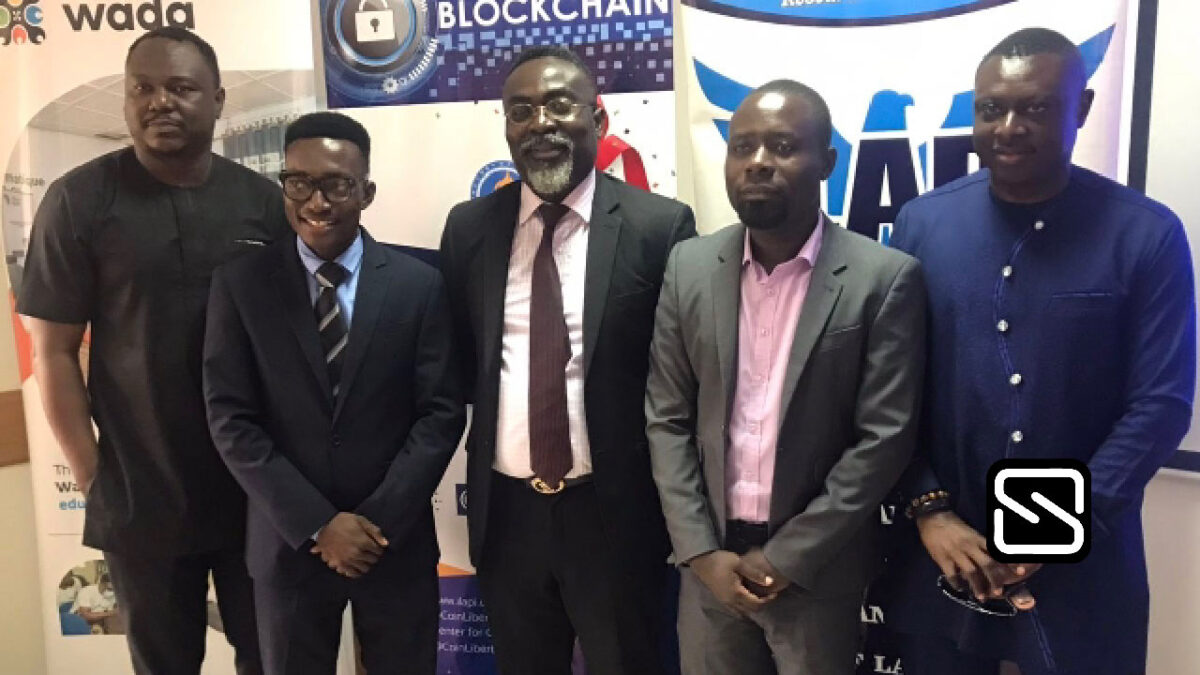The policy research firm known as the Institute for Liberty and Policy Innovation (ILAPI) has announced the launch of the Centre for Coin Liberty in Ghana.
The Centre will serve as a blockchain advocacy and research hub and it has been made clear that it is not a cryptocurrency investment scheme. As such, it will not provide cryptocurrency investment advice and does not explicitly encourage youth to invest in cryptocurrency.
The Director of the Centre, Nathaniel Dwamena, stated at the launch that the centre’s purpose is to use evidence-based methods and research to create constant and continuous public engagement in order to shape legislation for blockchain adoption.
Researchers, lawyers, development historians, conflict and security consultants, and think tank developers have been recruited to make up the team at the entre.
The Centre is also designed to build readiness for the use of blockchain and decentralized solutions and to have an impact by influencing public policy to integrate blockchain solutions for development in Ghana and Africa as a whole.
The Global Strategy Director at mPedigree and Vice President IMANI Africa, Selorm Brantie who was the chair of the launch event asked the media to support blockchain technology.
He believes that blockchain technology saves money by introducing new efficiencies that improve trust, security, transparency, and traceability of data shared across networks.
Brantie shared how data shows that one out of every six people will have a blockchain account within the next ten years and thus suggested that adopting blockchain technology should start with education and awareness, which the media could help with.
Dwamena stated that the Centre’s pillars will be blockchain policy research, blockchain education and advocacy, participatory blockchain technology innovations, digital assets, and adoption strategy.
He was enthusiastic that Ghana could use blockchain technology in a variety of industries, including election management, as Japan did in Tuskuba and the United States did during the 2020 presidential election (Utah County).
Dwamena pointed out that Thailand’s National Electronics and Computer Technology Centre had finished developing a blockchain-based voting system. He believes blockchain technology can help fight corruption, reduce poverty and ensure financial inclusion.
According to Dwamena, the Centre is looking forward to working with a variety of stakeholders, including regulatory agencies, the media, and others, to integrate blockchain solutions, public policy and conversation, as well as partnership and collaboration.
Peter Bismark Kwofie, Executive Director of ILAPI, stated that they would use public opinion to ensure that the public understands the importance and potential of blockchain.
He also revealed that the team is currently developing a decentralized app to eliminate real estate agent fraud and extortion.
